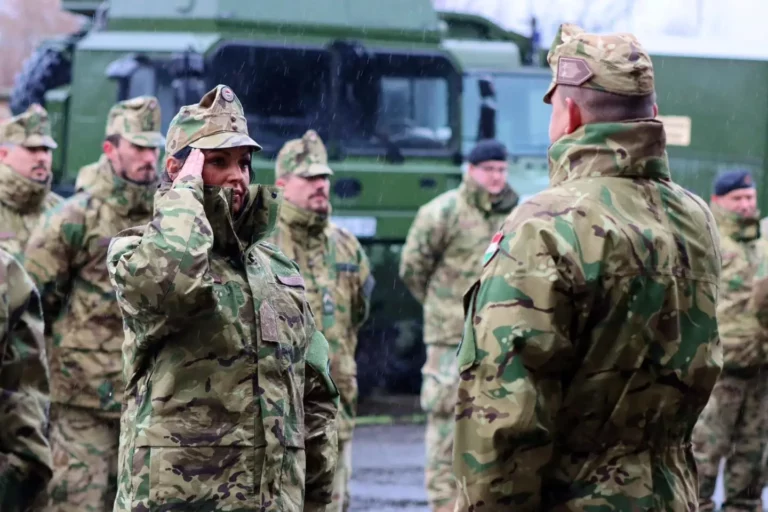military
What are they up to? Hungary military launches nationwide recruitment campaign

Hungarian government continues sacking hundreds of high-ranking military officers

Military convoys to swarm Hungary’s roads this week

NATO will kick out Hungary for sacking ‘NATO friend officers’ from the Hungarian military?

Surprising: Hungarian minister named this country one of Hungary’s closest military allies

Hundreds of high-ranking military officers sacked in Hungary

Hungary considers acquiring HIMARS missile systems

Orbán cabinet to produce export in the new Hungarian military factories

Russian microblogger suggests shooting down NATO planes in Hungary!

Hungarian accused of stealing USD millions from Ukraine aid, spying to Russia

Lynx combat vehicles, PzH 2000 howitzers coming to Hungary

Hungary increases military spendings in 2023

Hungary to produce a lot of small arms

PHOTOS: Gigantic WW2 bomb found in Budapest

Hungarian DefMin: Planned ammunition plant key to ‘innovative, high-tech’ military

Minister: military equipment made in Hungary boosts security

Hungary to buy radar system from Israel

PHOTOS: Hungarian president, defence minister inspect Israel’s Iron Dome missile defence system





 ZH
ZH IT
IT DE
DE HR
HR NL
NL FR
FR JA
JA RO
RO RU
RU ES
ES TR
TR
